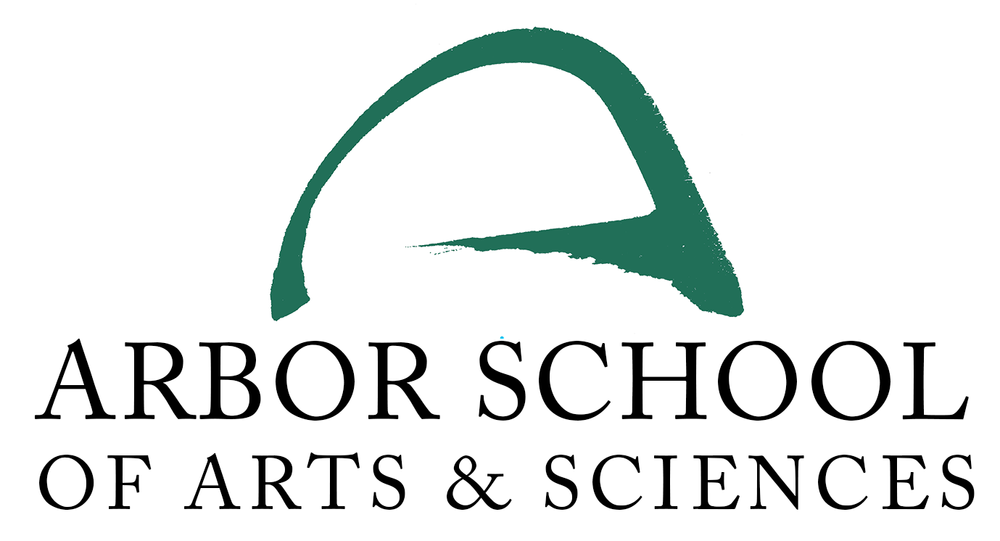The Arbor Center for Teaching (ACT) Library (found on the top floor of the Juniors building) holds over 4000 volumes for teachers and parents to borrow. Topics included in the library offerings include teaching and learning mathematics; reading; digital literacies and technology; writing; diversity, equity & inclusion; family life; dealing with trauma; educational history and philosophy; among other related topics.
Check out these latest additions to the collection!
Comprehensible and Compelling: The Causes and Effect of Free Voluntary Reading, Stephen Krashen, a giant in the field of reading, offers his latest title on the power of pleasure reading, published in 2018.
Limitless Mind: Learn, Lead, and Live Without Barriers, Jo Boaler connects neuroplasticity, growth mindset, the importance of struggle, a multidimensional approach to teaching and learning, the development of flexibility and creativity, and the power of collaboration. Yep, all that rolled together!
Deviced: Balancing Life and Technology in a Digital World written by Portland's own Doreen Dodgen-Magee. This research-based book provides a thoughtful framework for integrating technology into our lives, with implications for how we talk with kids about their own tech use.
Dreyer's English: An Utterly Correct Guide to Clarity and Style Fresh, sassy and erudite, Benjamin Dreyer is considered by many to have penned the 21st-century Elements of Style.
Between the World and Me by Ta-Nahesi Coates. I'm guessing this book needs no introduction. But just in case...here is a father's long beautifully woven letter to his son about African American history, the current crisis in America's race relations, and hopeful imaginings for the future.
So You Want to Talk About Race by Kjeoma Oluo. Maybe you've heard about this title too. Oluo explores the current racial landscape in the US and its history and provides concretes moves dismantling it.






